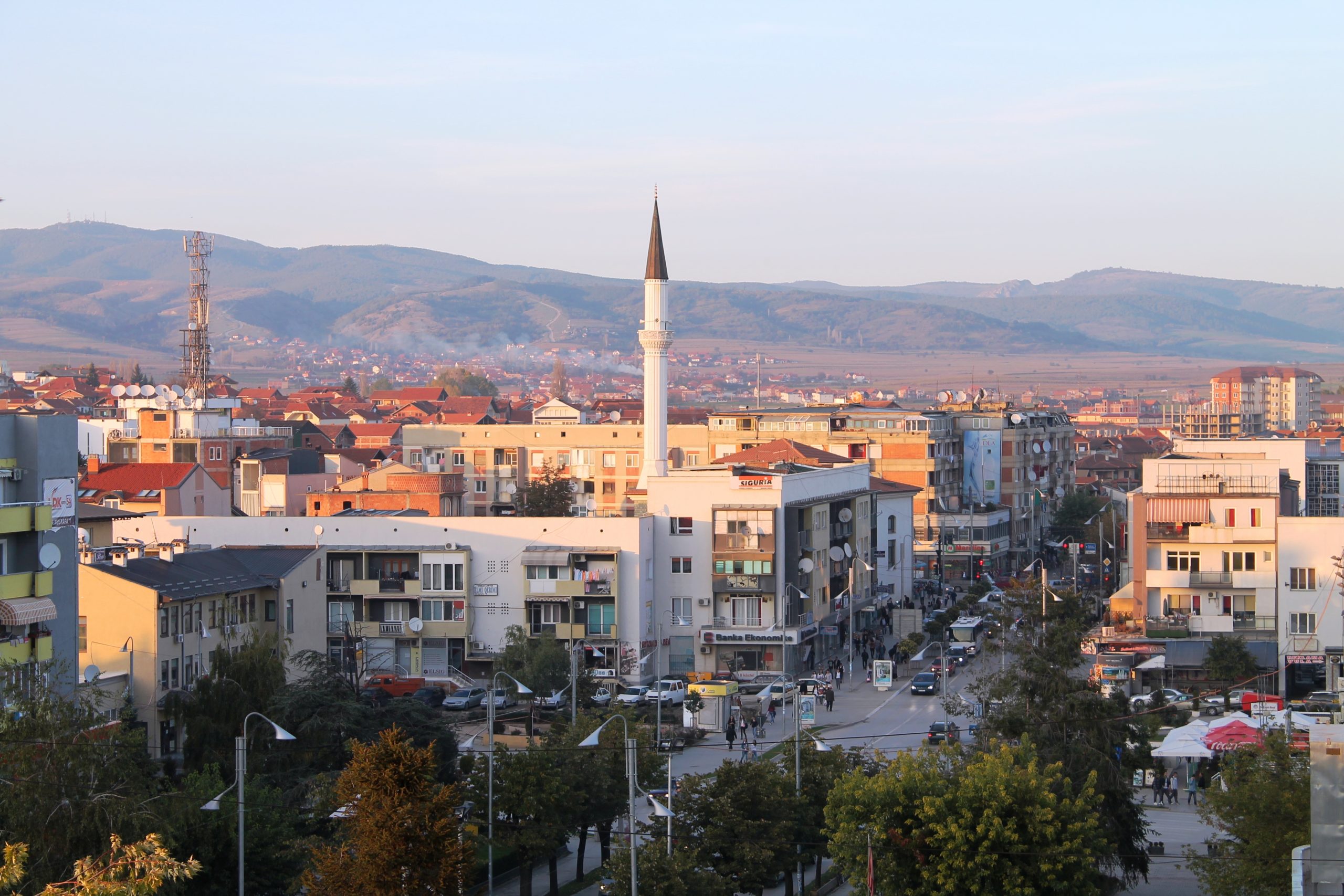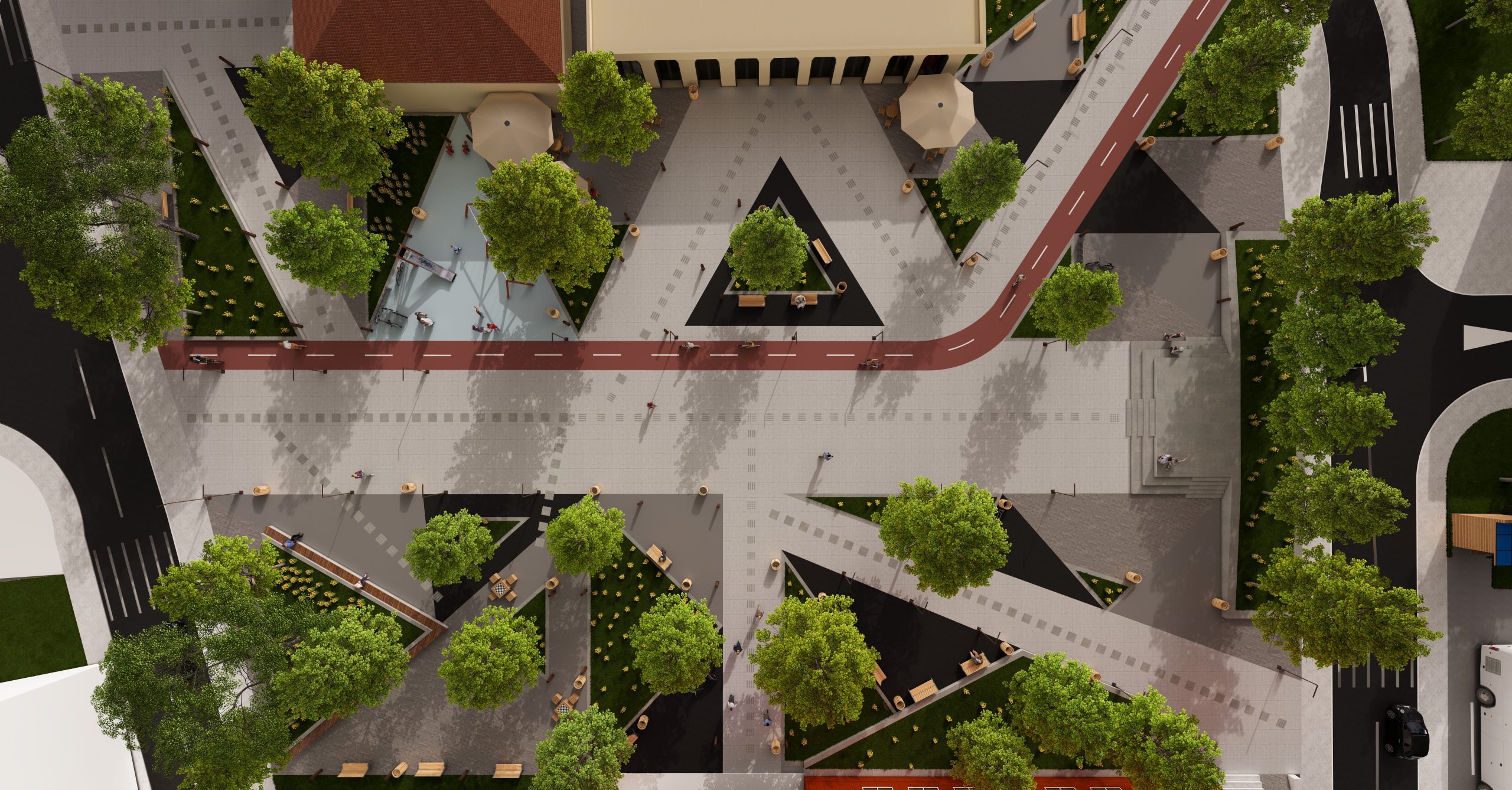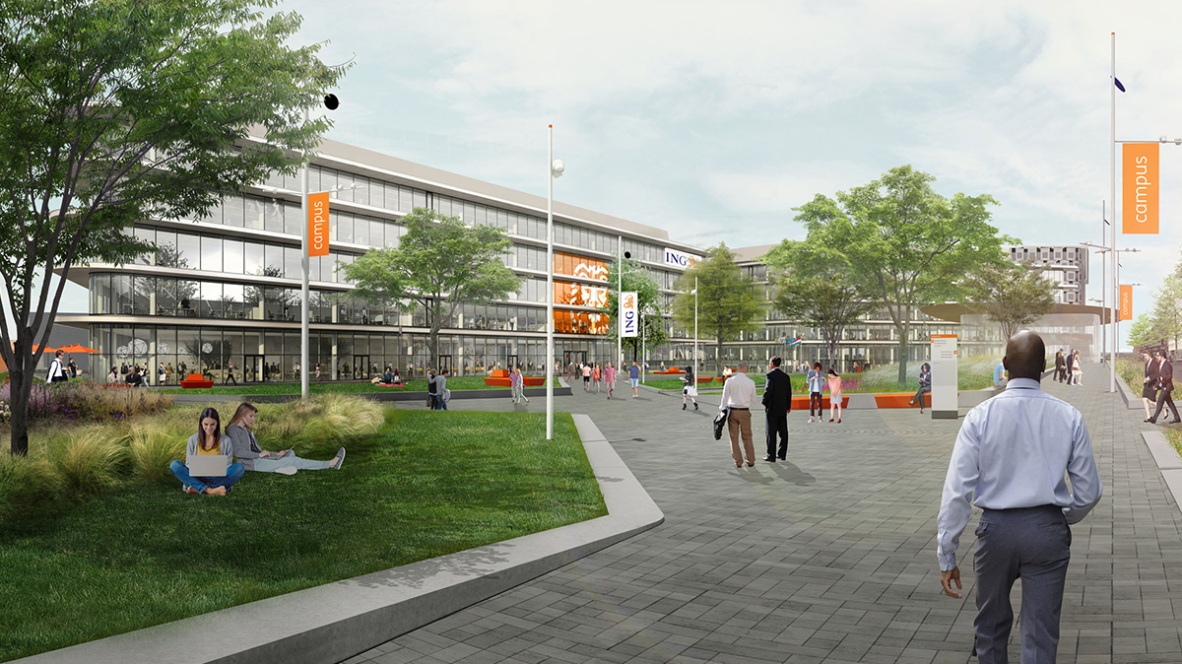As the world steadily advances toward a more urbanized future—with projections indicating that nearly 70% of the global population will live in cities by 2050—the urgency to fundamentally rethink how we design, govern, and sustain our urban environments is more critical than ever. In this era of rapid transformation, cities are no longer simply spaces of settlement; they are dynamic ecosystems where technological innovation, socio-economic development, and environmental stewardship must converge.
Being developed under the Smart City Kosova framework, the Smart City Strategy for Vushtrria Municipality arises from this global imperative. Yet it also reflects a unique national and local reality. As a post-war society still undergoing deep socio-economic and institutional transition, Kosovo faces a dual challenge and opportunity: to leapfrog traditional development trajectories and position itself as a proactive participant in global urban and digital transformations. For Vushtrria, this is not merely a strategy—it is a pathway to resilience, progress, and global relevance.
This strategy acknowledges that urban challenges such as outdated infrastructure, environmental degradation, limited service efficiency, and unequal access to opportunities cannot be solved through isolated or conventional means. Instead, the Smart City paradigm envisions a holistic transformation of cities into inclusive, adaptive, and sustainable socio-technical ecosystems. It is not only about digital tools, but about fostering human-centered innovation, citizen participation, and cross-sectoral collaboration.
The Smart City Strategy for Vushtrria is grounded in nine critical pillars, each tailored to the municipality’s needs and context:
- Smart Governance: Enabling participatory, transparent, and accountable municipal operations using digital platforms and data-driven decision-making. This includes introducing digital tools for citizen feedback, participatory budgeting, and e-governance platforms. Tangible Target: Launching a fully operational e-Vushtrria platform by 2027, ensuring at least 60% of municipal services are digitized and accessible online.
- Smart Public Infrastructure Management: Managing infrastructure with digital tools ensures better service delivery and resource efficiency. This includes use IoT and data analytics for smart water and waste systems, energy efficiency in public buildings, and resilient telecommunication infrastructure. Tangible Target: Implementing smart waste bins and real-time monitoring for public water supply in urban areas by 2028.
- Smart Energy and Green Transition – Transitioning to clean and renewable energy aligns with the global climate agenda and ensures energy security. This includes promoting solar panel adoption on municipal buildings, improving street lighting efficiency, and creating incentives for private renewable energy use. Tangible Target: Reaching 25% of public buildings powered by solar energy by 2030.
- Digital Infrastructure & Open Data: Creating a digital backbone essential for transparency, integration, and innovation across all sectors. This includes establishing a municipal Open Data Portal by also integrating it to Geo-Spatial Data Infrastructure (SDI) system.
Tangible Target: Developing a Municipal Open Data Portal and SDI Platform with 100% of urban zones mapped digitally by 2028. - Smart Cultural Heritage Management & Tourism: Preserving cultural assets and promoting them digitally to boost local identity and sustainable tourism. This includes digitizing historical archives, creating an Interactive Map of Cultural and Natural Heritage, creating AR/VR walking tours of heritage sites, and promoting cultural events online. Tangible Target: Digitalization of at least 10 cultural heritage sites, creating the Interactive Map and launch of a mobile tourism app by 2027.
- Smart Economy & Entrepreneurship: A smart city ecosystem that fosters a knowledge-based and circular economy through innovation, competitiveness, and workforce development. This includes supporting start-ups via an Urban Innovation Lab, establishing region-wide circular economy practices, creating training programs in digital skills and smart industry practices.
Tangible Target: Establish a Smart Economy Hub in Vushtrria with support for at least 30 local entrepreneurs annually and continually support and foster Circular Economy practices. - Smart Mobility and Transport: Re-conceptualizing and re-designing transportation system and mobility solutions to reduce congestion, pollution, and improve urban life. This includes promoting multi-modality and non-motorized transport, creating bike lanes, introducing e-mobility services, and establishing a smart transportation management system. Tangible Target: Build 20 km of integrated bike lanes and launch the Smart Transportation Management App.
- Smart Environment & Air Monitoring: Monitoring and protecting the environment being aware of its essential importance for a livable city and citizen health. This includes deploying air quality sensors, creating more green spaces, and enforcing eco-regulations.
Tangible Target: Install 5 air quality monitoring stations and increase green public space per capita by 20% by 2028. - Smart Public Spaces and Green Urban Design aims to create inclusive, attractive, and identity-rich public areas through well-distributed green pockets, parks, and recreational spaces. By integrating landscape architecture, tactical urbanism, and nature-based solutions, this pillar enhances livability, supports well-being, and strengthens climate resilience.
Target: Develop 3 new urban parks and 10 green micro-pockets by 2028; apply inclusive and culturally reflective design standards in all new urban areas. - Smart Living & Social Inclusion: Ensuring that all residents—regardless of age, gender, or ability—benefit from urban improvements. This includes implementing inclusive design in public spaces, expanding e-Health services, and ensuring digital literacy programs.
Tangible Target: Achieve 90% internet coverage across the municipality and digital literacy programs in all secondary schools by 2030.
These strategic objectives are not abstract ideals—they reflect the concrete priorities of Vushtrria’s citizens, the pressing needs of its administration, and the potential of its youth, entrepreneurs, and innovators. By adopting this strategy, Vushtrria positions itself at the forefront of a new wave of municipal development—one that is participatory, green, digital, and forward-looking.
This document marks the beginning of a transformative journey. Its implementation will require not only vision, but cooperation, resilience, and courage. In doing so, Vushtrria has the chance to become not just a smart city—but a model city for a smart Kosovo.



